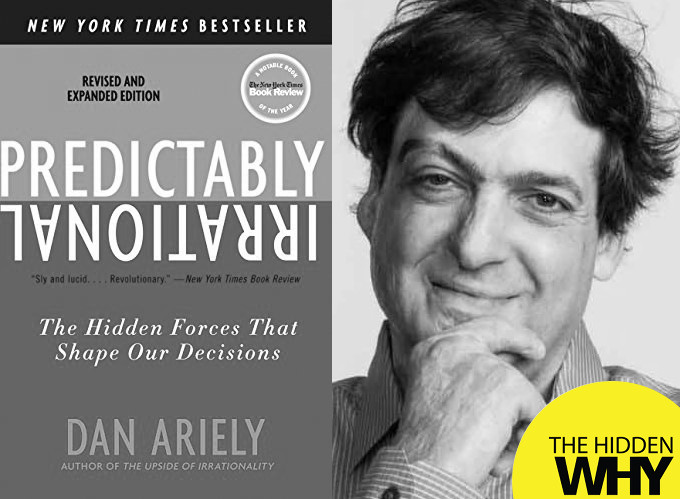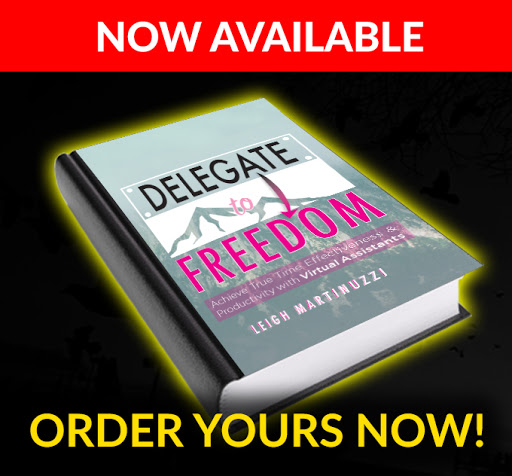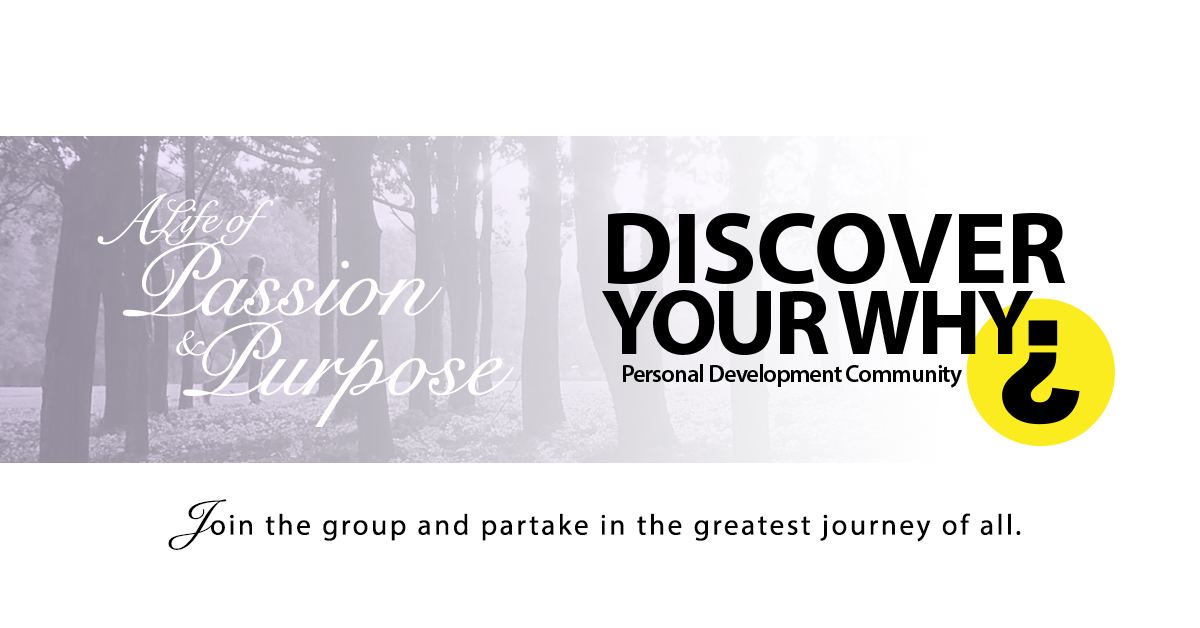
Predictably Irrational by Dan Ariely
Written by Leigh Martinuzzi
In this book, Dr Dan Ariely, A professor of behavioural economics at the Duke University uncovers why humans are predictably irrational. Every day we are responsible for making numerous decisions and what Dan was intrigued by is that despite our assumption that we are smart logical beings, we often make poor decisions that don’t seem logical at all.
Often emotions become entangled in the decisions we have to make. We overvalue, we procrastinate, and we make the same poor decisions time and time again. From his perspective, it seemed humans are highly irrational, hence his research behind this book.
As a behavioural economist, Dan gets to study how irrelevant or external forces influence our decisions causing us to behave as we do. Traditional or standard economics suggest that we are logical and that our behaviours are motivated by rational and measurable worth as it applies to the decision at hand. It suggests that for all decisions we make there is a logical reason. If that were the case we’d probably all make remarkably better decisions all the time. I for one, don’t.
Behavioural economists look at how psychological, cognitive, cultural, social and environmental factors play a role in determining all economic decisions and movements. The importance of this work is to firstly, understand what and how our decisions are influenced and secondly, in understanding, help us make improvements.
As Dan highlights, while irrationality affects our lives and misguides our behaviour it is not senseless or random. In fact, is it systematic and predictable? The case studies and research presented in each chapter of this book proves Dan’s point that we are predictably irrational.
What I appreciate about Dan’s works, having read a few books of his now, is its simplicity. He presents nothing overly complicated that a novice like myself couldn’t gain understanding and value from.
In each chapter in this book, Dan raises an argument or commonly held belief, presents his research, test studies and experiments and closes with a clear conclusion. Each time proving that logical economics is often overruled by determinately irrational behaviour.
A couple of example chapters include: why we behave favourably when something is free. In the chapter, The Cost of Zero Cost, Dan highlights why making something free, even when the tangible value or worth hasn’t changed, dramatically changes our behaviours. If you want people to adopt a new behaviour that may be uncertain or unfamiliar make it free, make the change and watch the interest rise.
In one study he shows how discounting an item from 20 cents to 10 cents makes a difference but discounting something from 10 cents to free makes a huge difference even though the discount is the same value. We love free and behave somewhat uncontrollably.
In another chapter, The Power of Price, Dan’s research highlights the price of the placebo effect. Most of us understand that price is often just a sign of prestige or status, but we often disregard how this affects the undeniable joy or benefit we get from a product or service. Dan’s research highlights how higher priced medication has a higher placebo effect. In one case, absolutely no surgery occurred yet patients still claimed and were noticed to be healed even over those that received real treatment. Price plays a part in our psyche and that alters the perceived benefits.
If this is your first exposure to Dan Ariely’s work, then I’d suggest that it’s a good place to start in regard to learning about behavioural economics. I do agree with Dan, that the more we understand about what motivates our decisions and behaviours that better we will become at managing the undesirable ones. And regardless of our irrationality hopefully we will be better able to make predictably better decisions.
If this book sounds of interest you can purchase Predictably Irrational
here.
Please leave your thoughts, comments & questions below.
Peace, passion and purpose…
Other books that you may enjoy.
. . .
Further Reading and Resources
TED Talks: Ideas worth spreading
Elite Daily: The Voice of Generation Y
Four Hour Work Week: How to escape the 9-5, live anywhere and join the new rich.
The Minimalists: How to pursue a minimalist lifestyle and be happier.
Mind Hacks: Tips and Tricks for Using Your Brain
Rich Roll: Plantpowered Wellness Advocate
The Art of Charm: Build confidence, feel comfortable and networking differently.
The Art of Manliness: Encouraging men to be better husbands, fathers, brothers, citizens.
Tiny Buddha: Simple wisdom for complex lives.
Mind Body Green: Lifestyle media brand dedicated to inspiring you to live your best life.
Zen Habits: Find simplicity and mindfulness in life.
Creative NonFiction: “true stories well told.”
Barking Up the Wrong Tree: science-based answers and expert insight on how to be awesome at life.
The Positivity Blog: Practical articles on happiness, self-esteem, productivity and social skills.
FIND YOUR HIDDEN WHY with THE HIDDEN WHY (THW)
BUILD YOUR LIFE AROUND YOUR PASSION AND LIVE WITH PURPOSE
Sign up for free below and receive cool stuff from me each week + Plus a free copy of “The Four Pillars of Success”
In my weekly emails you will receive ideas, thoughts, learning’s and inspiration on:
- How to design a life that you want and live by your terms
- How to live a life with passion & purpose
- Methods, strategies, & techniques on life hacks
- Messages on how to better live your life
- We will also keep you up to date with fantastic interviews from THW podcast













Leave a Reply